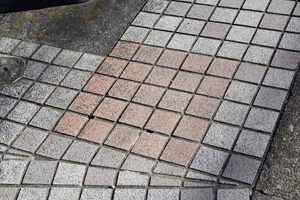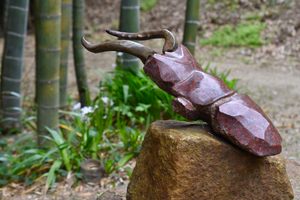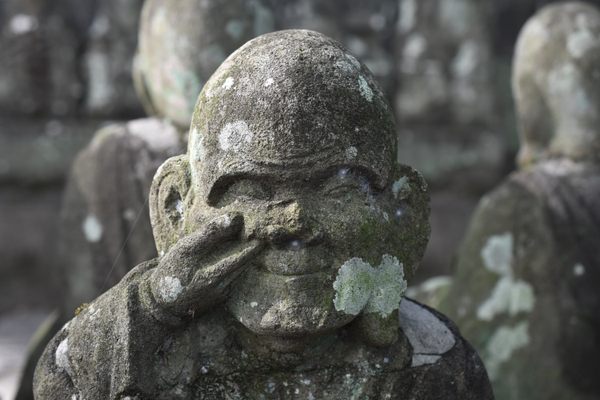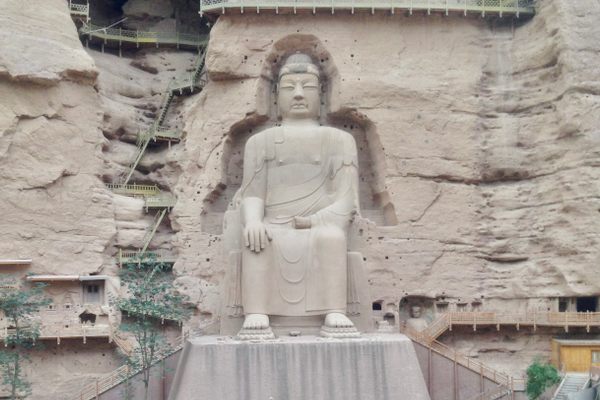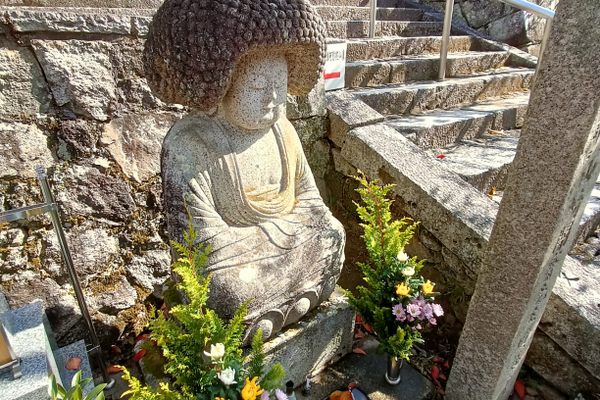About
The Buddhist hell is a fiery, horrifying underworld where the souls of the deceased are assessed by the 10 (or 13) judges of hell over the course of seven trials. Leading the jury is the Rhadamanthine overlord En’ma Daiō, a familiar figure in Japanese culture.
While the popularity of the Ten Kings of Hell is humble compared to the major deities and bodhisattvas, there remain a number of Buddhist temples dedicated to these infernal judges across Japan.
One of the most impressive of these Jūōdō (“Hall of the Ten Kings”) pavilions can be found at Ennoji in Kamakura, nicknamed En’ma Temple. Founded in 1250 and relocated here following the disastrous earthquake of 1703, it boasts a collection of wooden statues of characters from Buddhist afterlife.
Legend attributes the effigy of En’ma Daiō, the centerpiece of the Jūōdō, to master sculptor Unkei, who is best known for creating the guardian statues of Tōdai-ji in Nara. The story has it that, when Unkei had a near-death experience, he was sent back to life by En’ma himself. Mad with relief, Unkei sculpted a statue of En’ma Daio while laughing on and on, giving his sculpture an expression of laughter.
The “Laughing En’ma” statue is also referred to as “Child-Eating En’ma,” after the local folk story claiming that it once swallowed a child to protect him from bandits, raising him afterwards and earning another nickname, “Child-Raising En’ma.”
In addition to the Ten Kings, a few of which are currently on loan to the Kamakura Museum of National Treasures, the temple’s statuary also includes Ksitigarbha, the much-worshipped deliverer of the damned, and the Datsue-ba, an infernal hag believed to strip clothes off the spirits entering the underworld.
Related Tags
Know Before You Go
Ennoji is located between Kamakura Station and Kita-Kamakura Station, about a 20-minute walk from either. Admission is 200 yen.
Hidden Japan: Sado Island, Nara & Kyoto
Explore a different side of Japan.
Book NowCommunity Contributors
Added By
Published
July 10, 2024


















